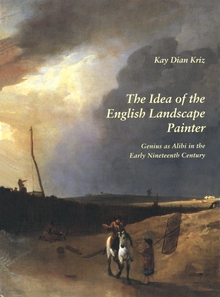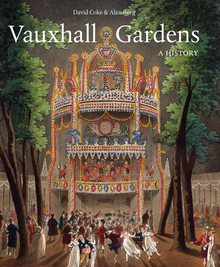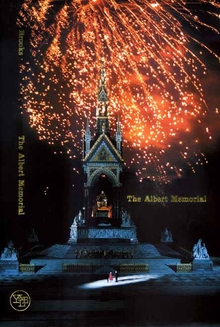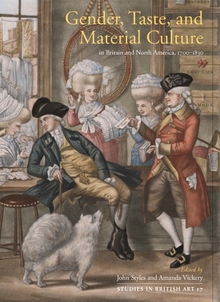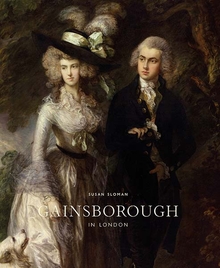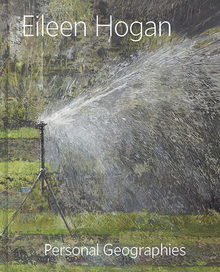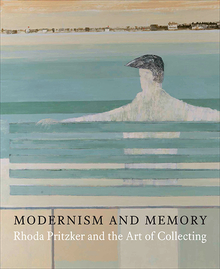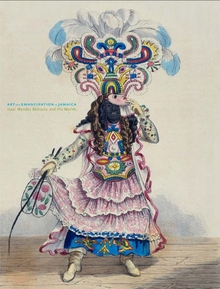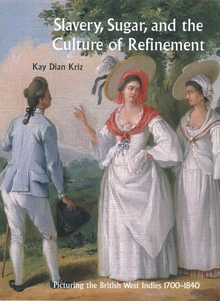The Idea of the English Landscape Painter
WARNING
You are viewing an older version of the Yalebooks website. Please visit out new website with more updated information and a better user experience: https://www.yalebooks.com
Genius as Alibi in the Early Nineteenth Century
Kay Dian Kriz
Kriz studies the way in which the application of paint was thought to represent the character of the artist and particular forms of Englishness. Examining a wide range of contemporary paintings, prints, and written texts, she determines how a "visual rhetoric" that relied heavily on brilliant surface effects was understood to participate in discourses on art, politics, commerce, and morality during the decades in which England was at war, militarily and culturally, with Napoleonic France. Kriz shows that the power of the landscape genius lay in his ability to negotiate the seemingly contradictory demands of a market in luxury commodities and a social ideal of a virile and virtuous Englishness. The genius's encounter with external nature provided him with an alibi that served to obscure his activities as an economic producer in a competitive market society.
Published for the Paul Mellon Center for Studies in British Art
"This is a highly original contribution to the subject of British romantic landscape painting. . . . Kriz contends that although the landscapist appears to represent the 'purified' essence of Englishness, evolving critique of society. Highly recommended."—Choice
"[A] beautifully illustrated book . . . insightful analysis of the discursive construction of genius."—Denise Blake Oleksijczuk, Art History
"Kay Dian Kriz's book is an illuminating analysis of the place that landscape painting and landscape painters held within the evolving nationalistic discourse of aesthetics in the early nineteenth century. . . . A fresh and insightful look at the familiar territory of early-nineteenth-century landscape painting. . . . It is a book that will remake our understanding of the romantic idea of 'genius' and for this reason is essential reading for cultural and art historians."—Ann Bermingham, Eighteenth-Century Studies
"This well-illustrated volume tells the story of the emergence, during the Napoleonic era, of a distinctly 'English school' of landscape painting. . . . An interesting, important complement to the more interdisciplinary studies of Barrell, Bermingham, and Hemingway."—Patrick Brantlinger, Nineteenth-Century Prose
Publication Date: March 27, 1997
Publishing Partner: Published for the Paul Mellon Center for Studies in British Art
50 b/w + 22 color illus.

